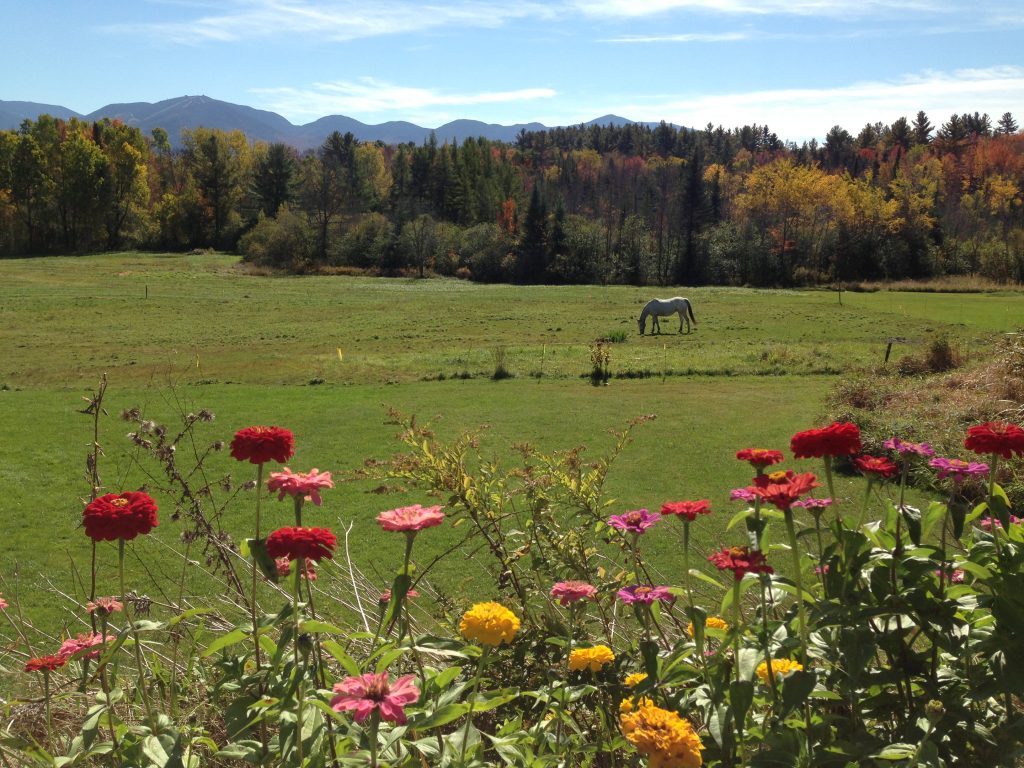The EcoCommunity Vision
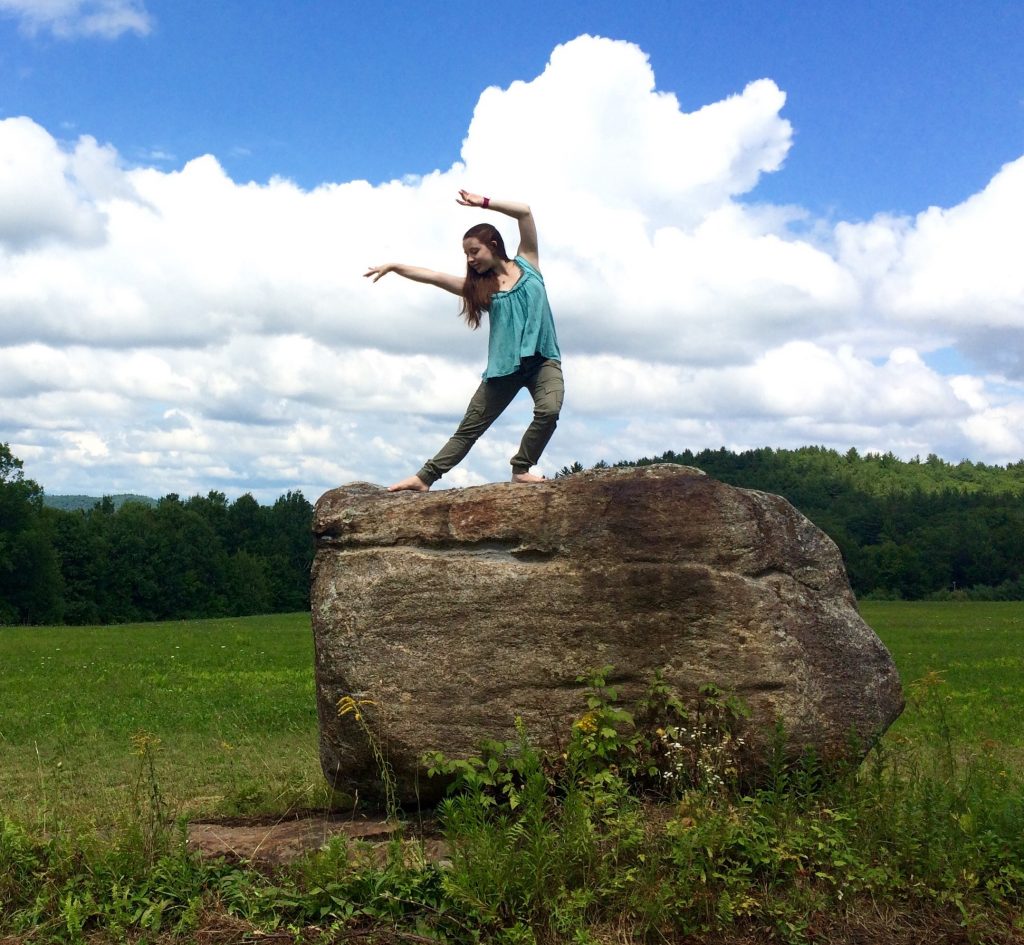
A Day in the Life
7:45-8:15
Students are welcomed to the main schoolhouse and yard.
~
8:00
Morning movement workshops are offered (yoga, aikido, walking meditation, mindfulness), in addition to free play and morning jobs.
Middle School and High School students check-in with teaching staff or advisors upon arrival, and as needed, about their work plans for the day; this may include academic work periods within their own Montessori prepared environments, group project work, or activities, jobs, and internships throughout the ecovillage and beyond.
~
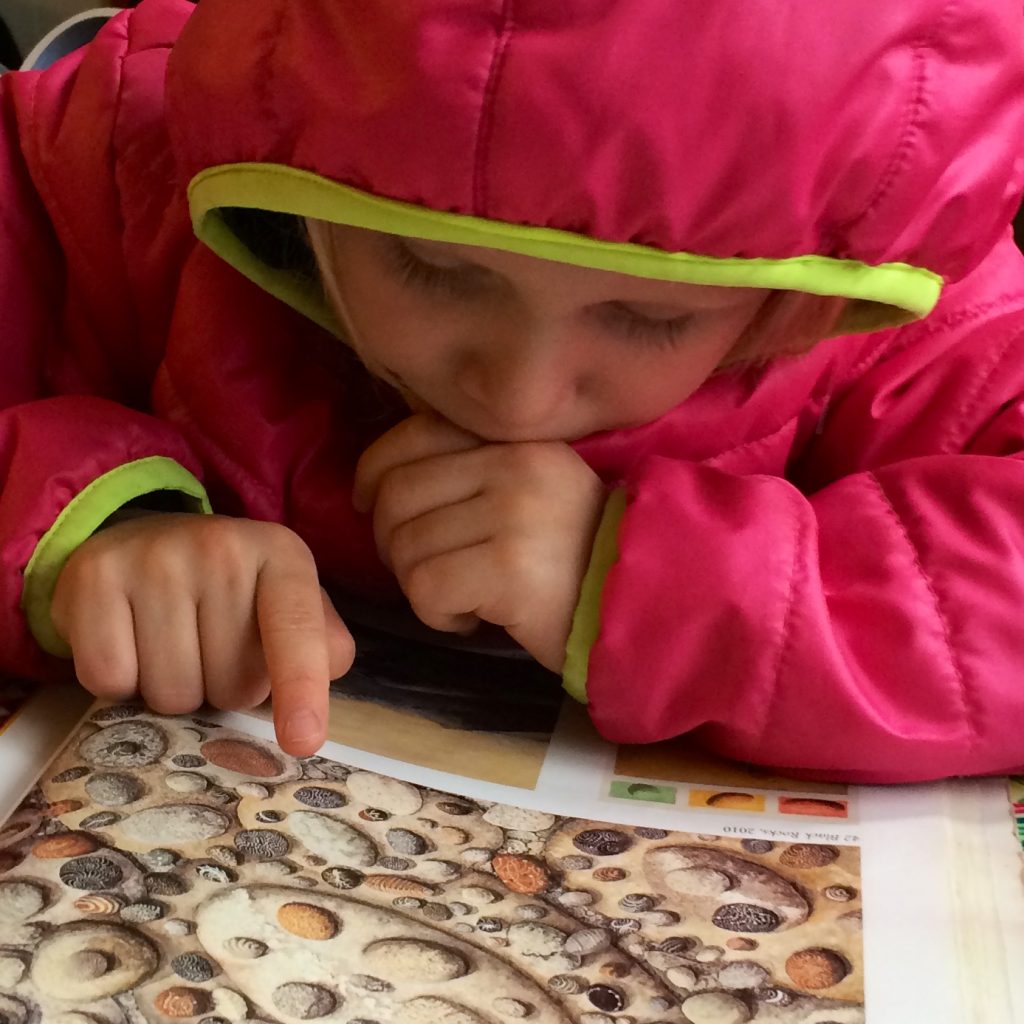 8:45-11:45
8:45-11:45Uninterrupted Work Period in the indoor and outdoor Montessori Environments for Children’s House (ages 3-6) and Elementary students.
~
Children move about freely, conversing and selecting learning activities. Montessori teachers act as guides, specially trained to quietly observe the development, interests, and needs of each child, and to respond without inhibiting. Montessori materials and lessons in mathematics, sciences, language, history, arts, and practical life skills are introduced to students one-on-one or in small groups; practice with the self-correcting materials is thereafter independent unless assistance is needed.
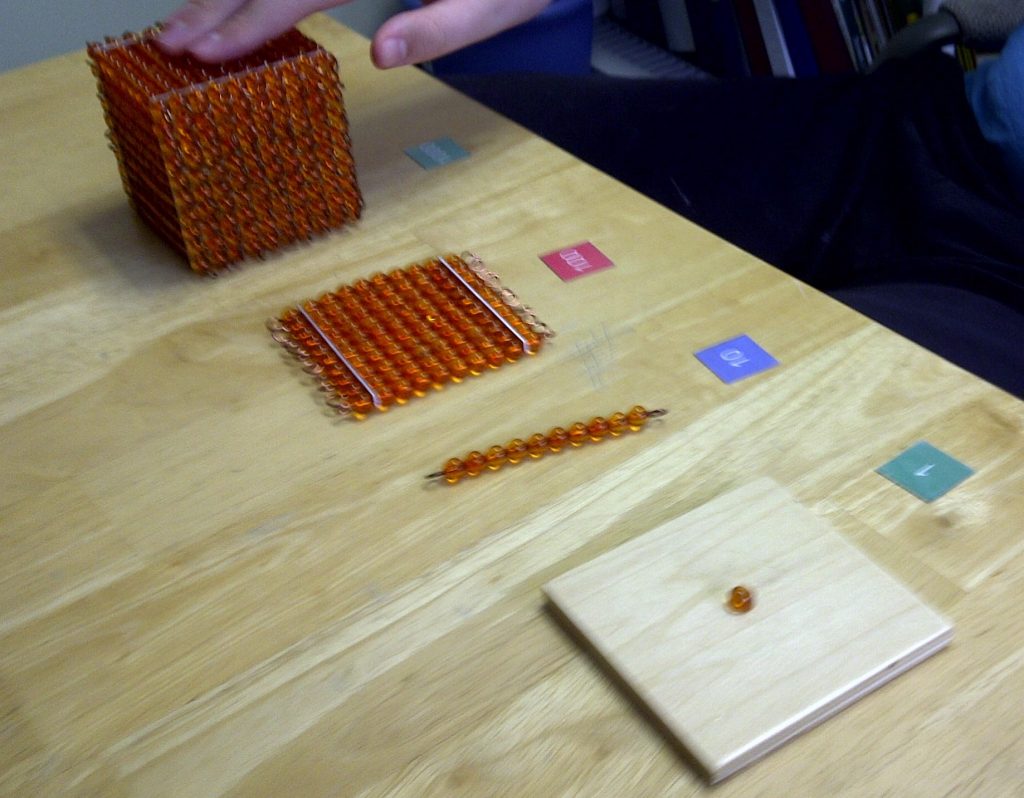 Guides refrain from interrupting deep concentration and blooming self-discipline as children work to master a material or activity. Students frequently work together and help one another, and often times will introduce lesson materials to other students; there is much opportunity for leadership and inspiration within the mixed age environments. The Montessori Guide keenly observes social interactions, as well, offering support if it is needed, with respect and trust.
Guides refrain from interrupting deep concentration and blooming self-discipline as children work to master a material or activity. Students frequently work together and help one another, and often times will introduce lesson materials to other students; there is much opportunity for leadership and inspiration within the mixed age environments. The Montessori Guide keenly observes social interactions, as well, offering support if it is needed, with respect and trust.
Often after an intense period of learning, students benefit from some downtime to process and integrate. Children are free to prepare and eat snack as they are hungry during morning work period.
~
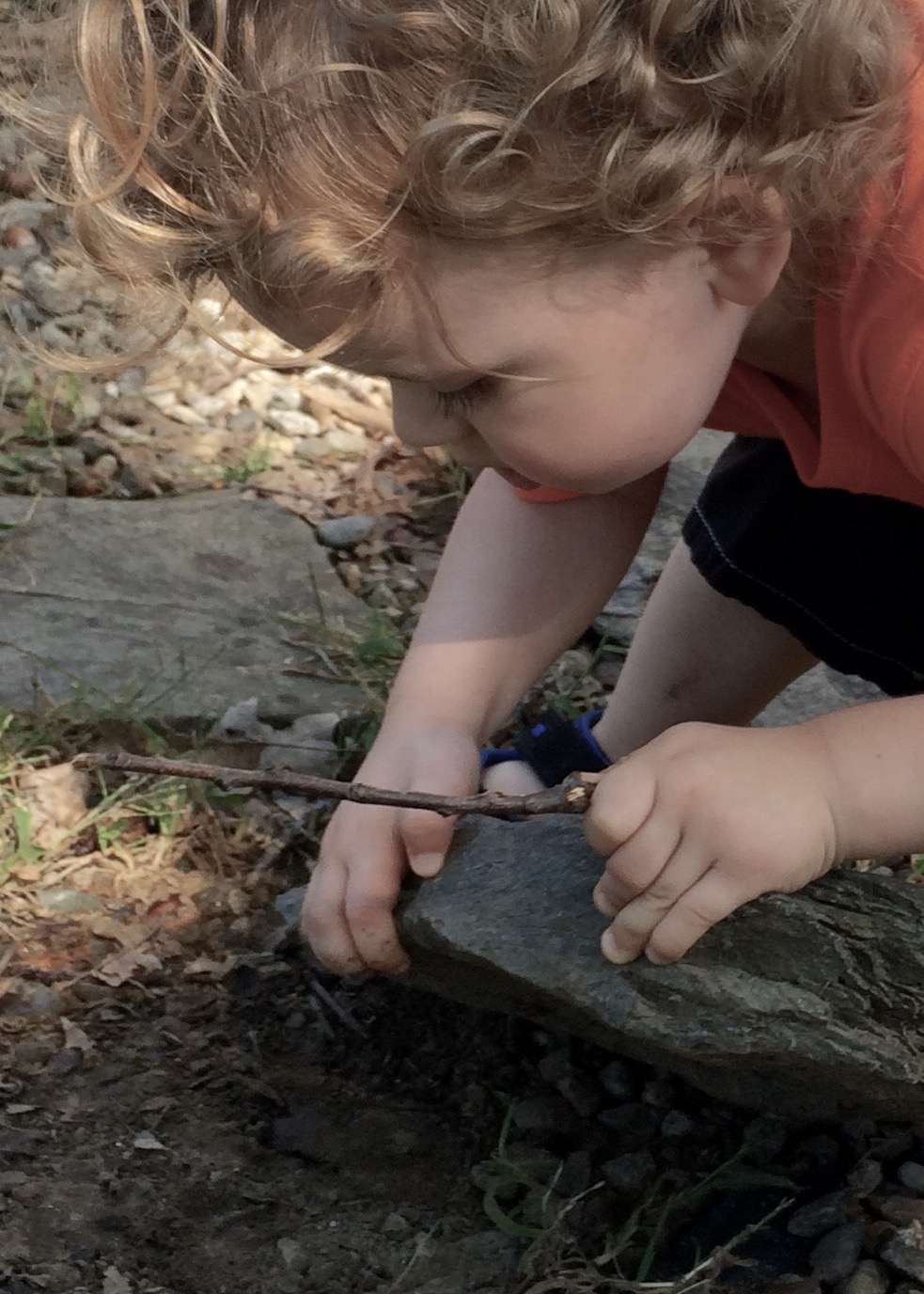
Infant and Toddler Communities have morning sessions with Montessori trained guides within a rich and orderly sensory environment: tummy time, freedom of movement, exploring natural Montessori materials, language immersion, music, outside time, seed to table experiences, organic food tasting, safe climbing, reading times, and self-regulated napping are some of the activities. There is a more consistent schedule for these age groups, creating a natural and familiar rhythm to each day.
~
11:30-12:00
Infant and Toddler Communities, and half day Children’s House students are
dismissed by their guides.
~
11:45-12:45
Community lunch is offered, free time – indoors or outside
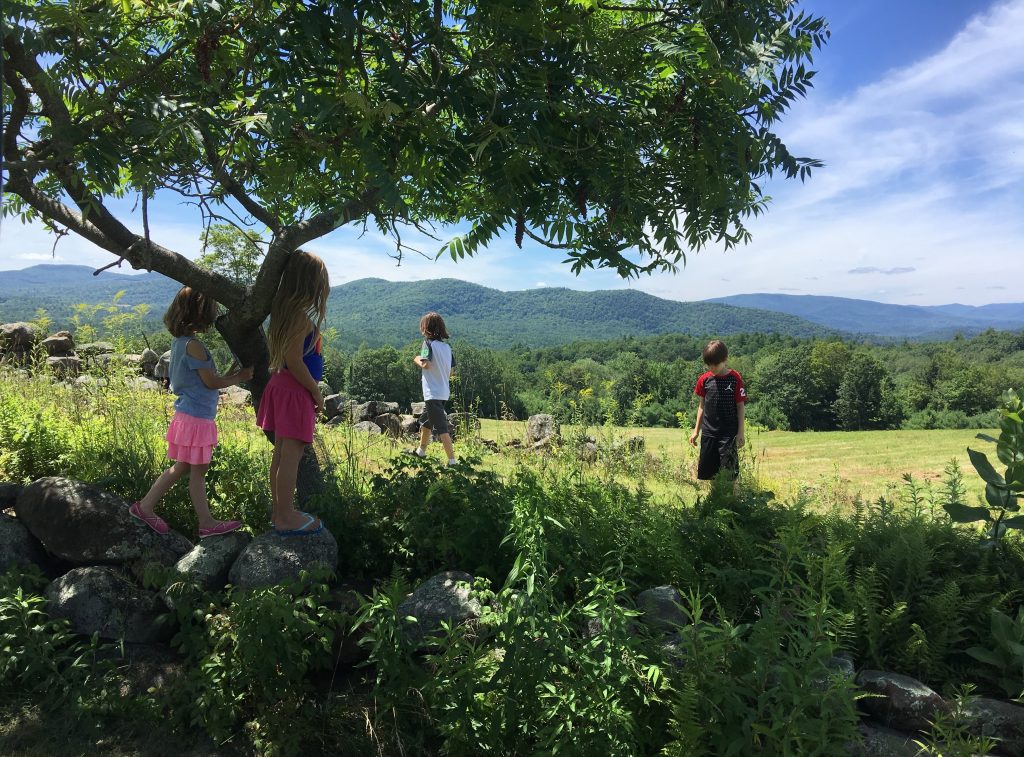
~
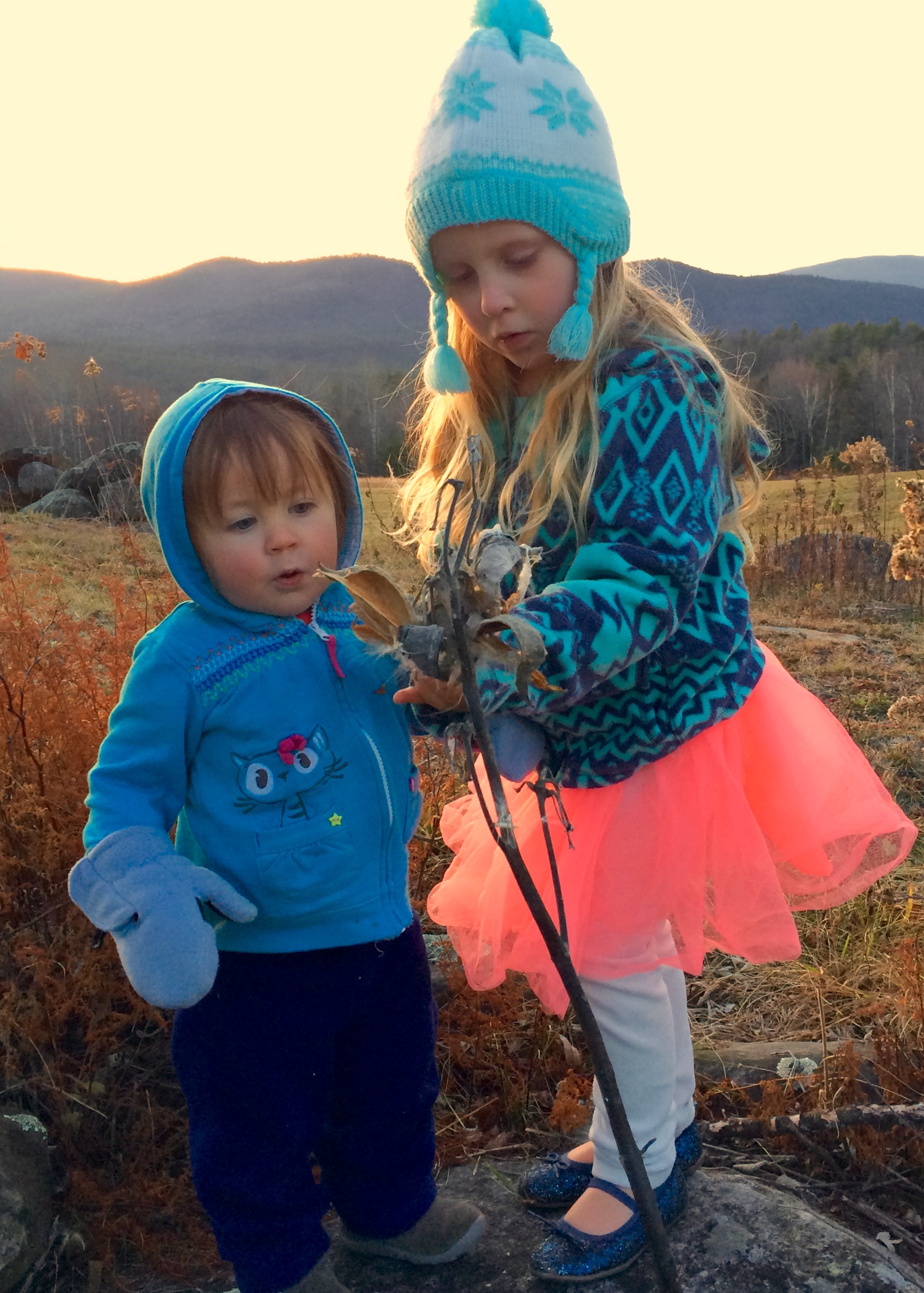
12:45-2:30
The ecovillage is open to all 6-18yo students in the afternoons, and to younger students if accompanied by a guardian. Students are able to move freely about the sustainable community within safety parameters developed by the teaching specialists and in community meeting. The shops, businesses, studios, and land throughout the ecovillage become the “classrooms.”
~
The “Free School” Environment
ECS is a non-coercive learning environment. Students may observe or try out different activities within the ecovillage, or arrange a specialized course of study by making a scheduled agreement with the appropriate staff member. Specialized activities are offered by resident or visiting staff members, and students may make commitments to attend. Staff are able to work on creative projects or make study agreements in new areas of learning as well, as their free time allows.
To practice independently in a any studio, students must first prove themselves adequately proficient in skills and safety, and also have permission from their parent or guardian.
~
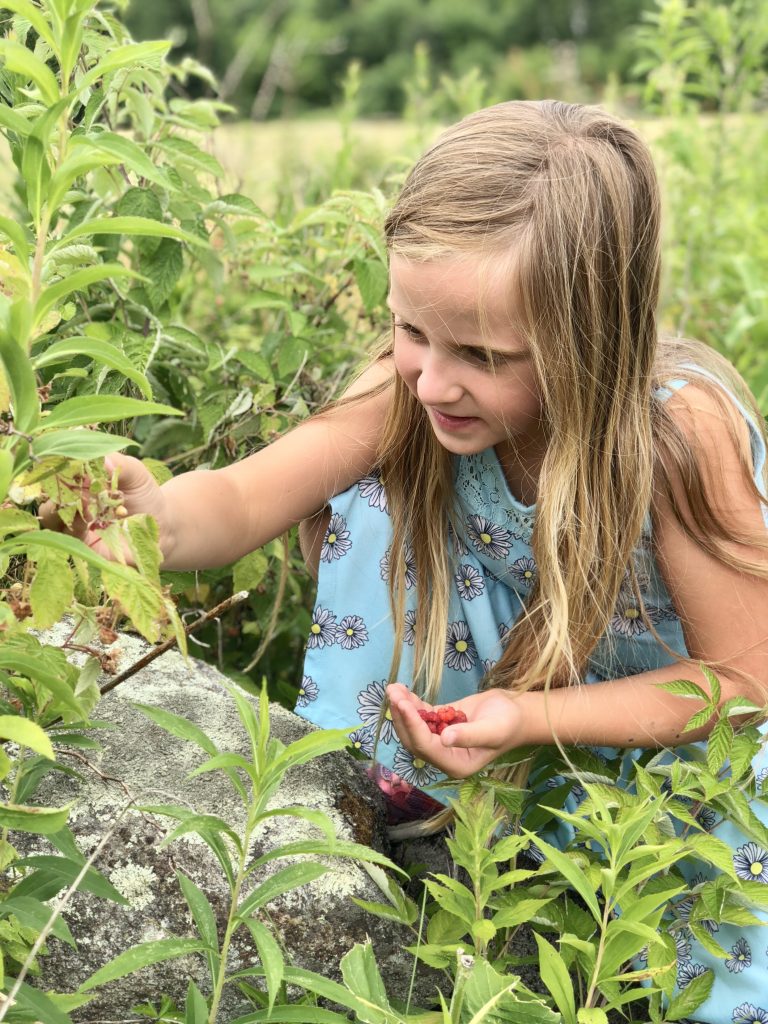 EcoVillage Learning
EcoVillage LearningStudents and guides can be found working in the permaculture gardens to harvest or to prepare ground for the following spring, or tending to a diversity of plants growing year-round in the hillside and in-ground greenhouses. Expert staff may offer a hike through the trails for lessons on foraging, mushroom safety, fishing, or other wilderness and primitive skills.
.
Elementary students especially seem to have a great passion for building forts and other structures out of natural materials. They may additionally take part in green building projects in the ECS ecovillage, or out in the community.
.
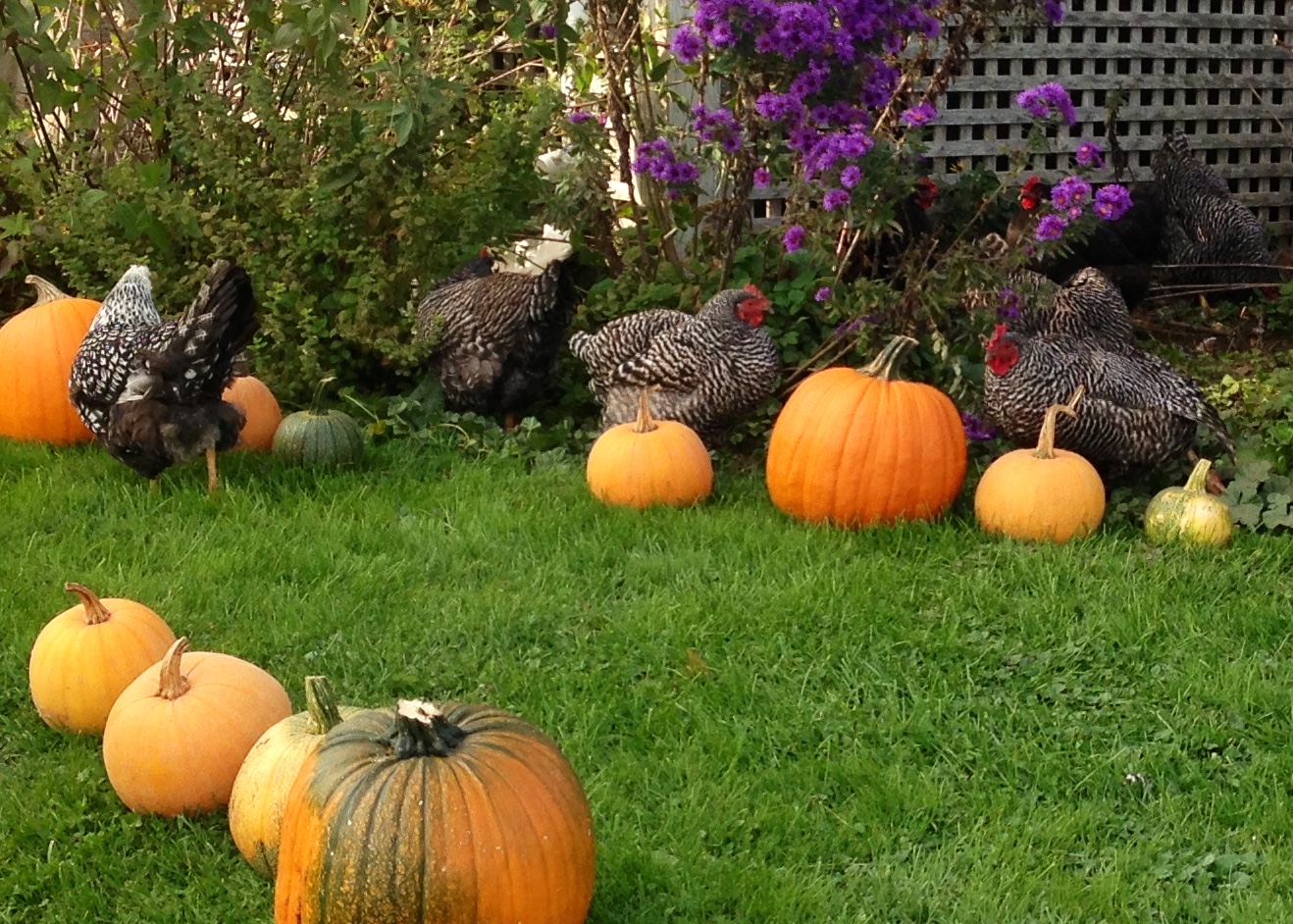
Some enjoy jobs or lessons in natural animal care, working with the sheep, chickens, rabbits, and other animals, grooming the rescue horses, or taking riding lessons. Student interns at the Healing Arts studio may study holistic philosophies or homeopathy, learn about growing, collecting and preparing herbs, study anatomy and physiology, or learn about preparing and creating flower essence blends from our resident practitioner.
.
Students can be found painting, throwing pottery, or sculpting in the arts studios, often working with homemade natural paints, recycled or natural media. Many try their hand at spinning wool from our own animals, making natural dyes, weaving, knitting and crochet. Hand sewn, upcycled clothing and other crafts may find their way into the student-run EcoShoppe to be sold on consignment. On a warm day, many sit on the dock at the pond, both feet and weavers trailing in the water as they weave a new basket design.
.
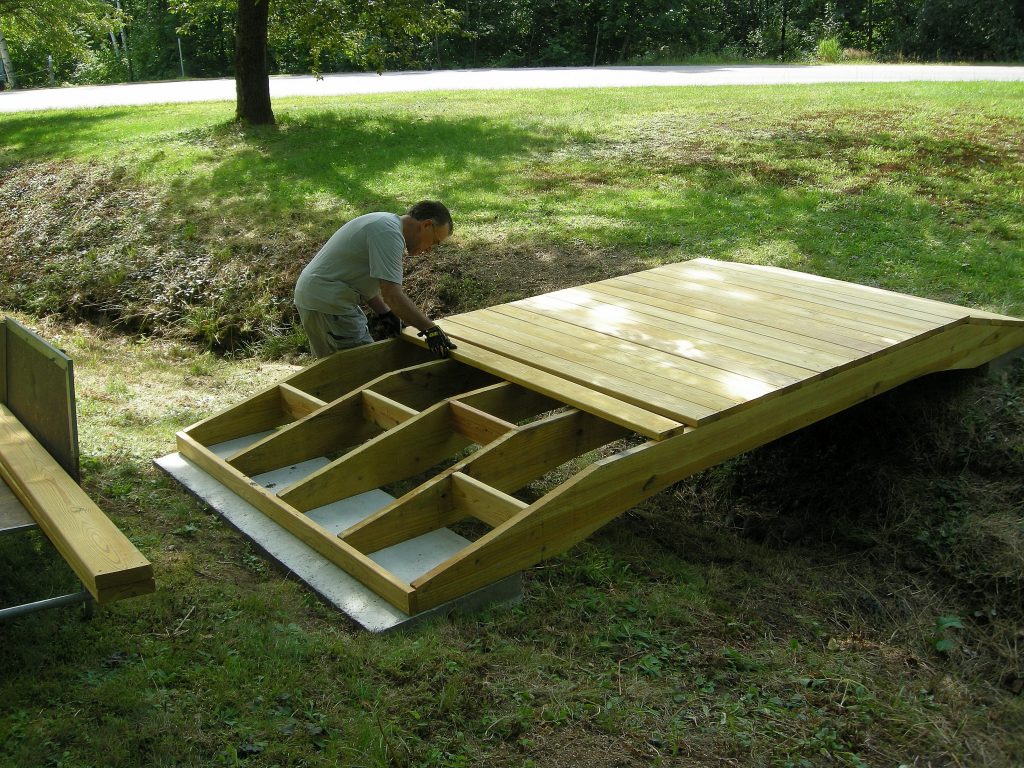
Observation, study, and practice sessions abound with Green Technologies projects, sustainable aquaculture, woodworking, metal work, as well as bicycle maintenance and repair. Older students have opportunities to try out and learn viable trade skills, and can arrange internships when they find a special passion.
.
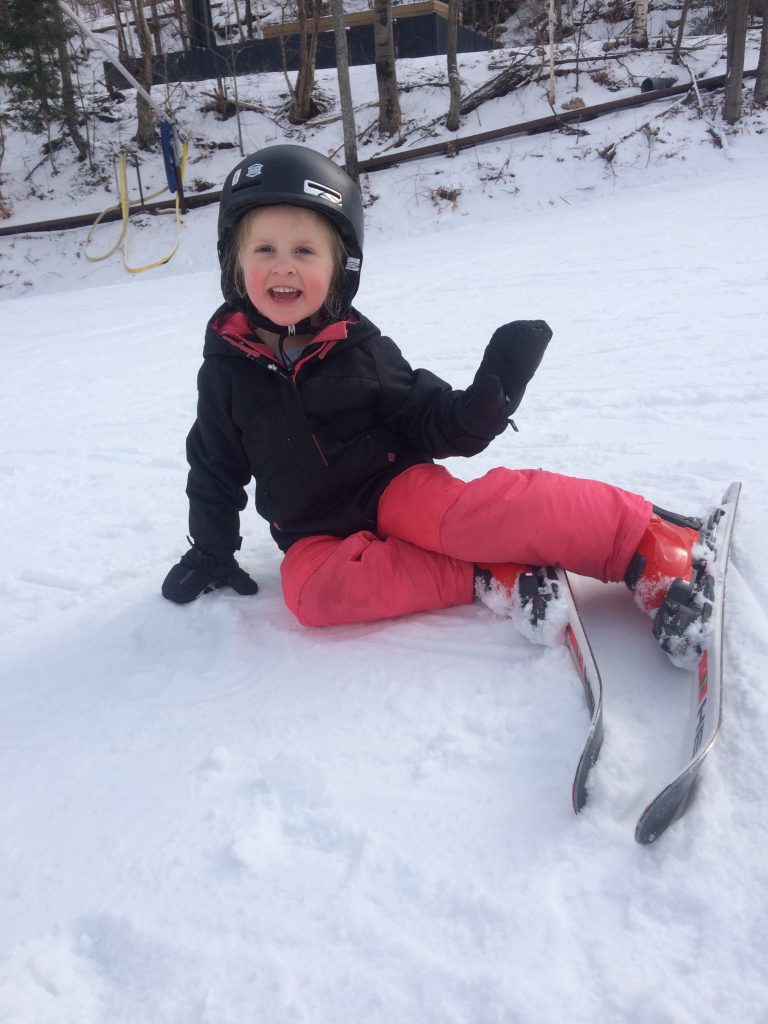 Music, theater, dance, parkour, and other movement activities take place in and around the Haybarn Theater. Outdoor recreation, games, and free play can be seen throughout the ecovillage and surrounding private trails. Skiing, snowshoeing, ice skating, and sledding are engaging wintertime activities.
Music, theater, dance, parkour, and other movement activities take place in and around the Haybarn Theater. Outdoor recreation, games, and free play can be seen throughout the ecovillage and surrounding private trails. Skiing, snowshoeing, ice skating, and sledding are engaging wintertime activities..
Conversation abounds everywhere between our diverse community members, providing social and emotional development, connection, learning, and inspiration.
.
The house and EcoCafe kitchens bustle with culinary projects, from raw and whole foods preparation to canning and preserving. The smell of homemade bread will draw many in for an afternoon snack! The EcoCafe and juice bar is a place to connect and enjoy nourishing, healthy foods, or browse the shelves of our library exchange.
.
Additional jobs and internships are ongoing throughout the ecovillage, including the student run EcoCafé, EcoShoppes, and EcoB&B. Some older students may arrange to travel outside of school property for internships and other learning programs.
* Community Meetings are scheduled during the afternoons on a weekly basis, and as needed.
~
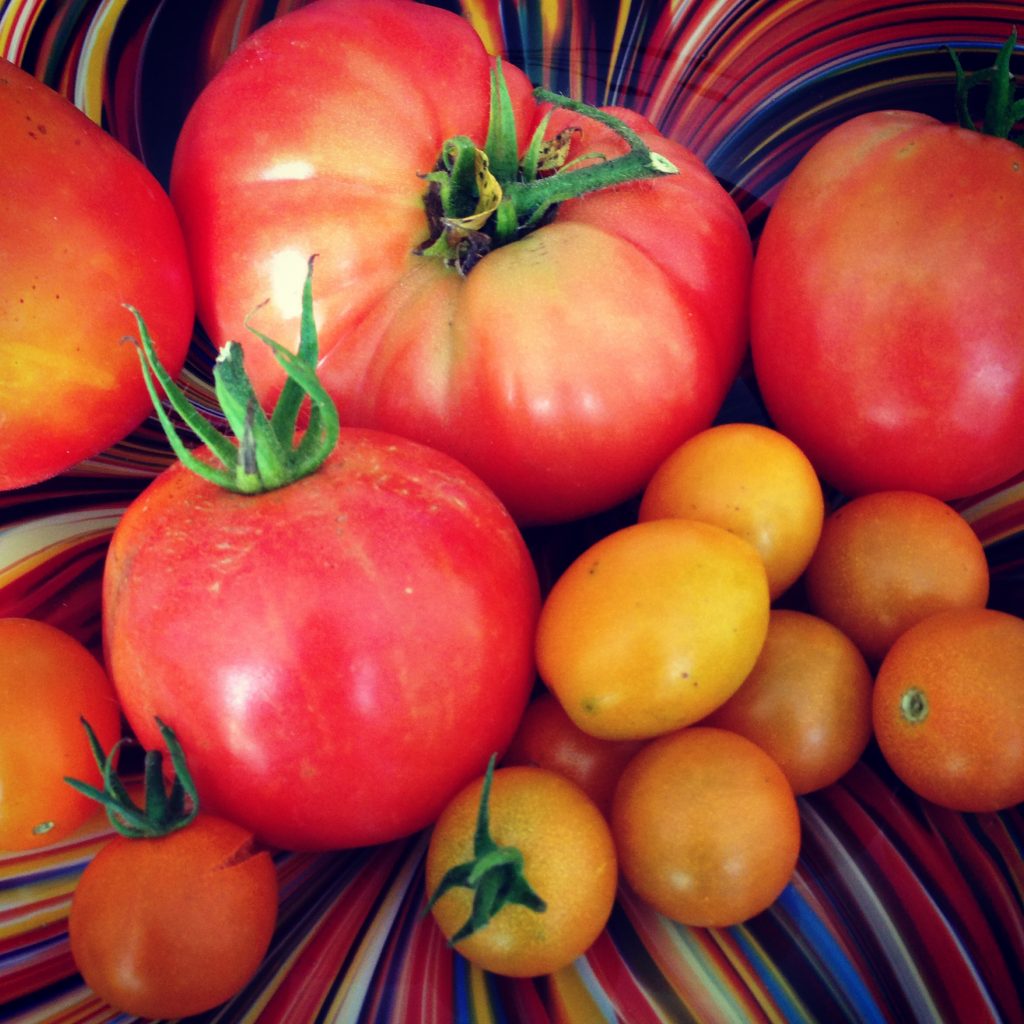
2:30-3:00
Students regroup in the main schoolhouse and yard.
This is a valuable time to process, share, and connect after a full day. Read-aloud and silent reading are available in separate spaces. Students are free to prepare and eat snack as they are hungry.
~
3:00
School dismissal from the main schoolhouse.
~
3:00-5:30
After Care options ~ Free choice in the main schoolhouse and yard, and special activities are offered and co-created according to interest. Missed school time may be made up during this time.
.
* Late day options are available for Erdkinder (middle school) and High School students
* Adult workshops are available during designated evenings, weekends, and vacation times.
